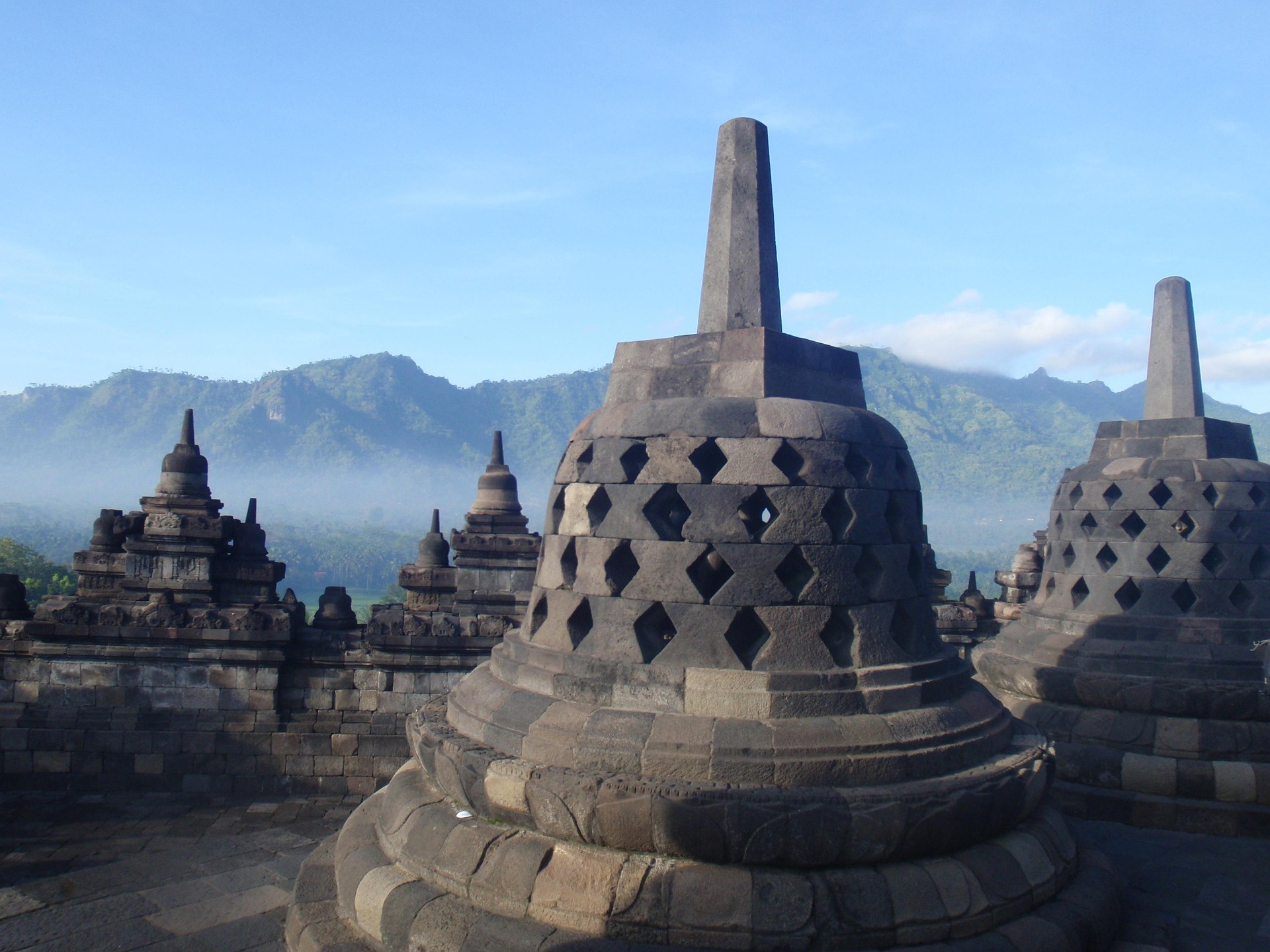Indonesia, the world’s largest archipelago with over 17,000 islands, is set to redefine global tourism in 2025. The nation, already famed for its natural beauty, vibrant culture, and warm hospitality, is poised for a transformative year as it harnesses innovation, sustainability, and cultural preservation to attract travelers worldwide. Let’s dive into what makes Indonesian tourism in 2025 an unparalleled experience.
A Strong Recovery and Beyond
After the challenges of the global pandemic, Indonesia’s tourism industry has not only recovered but emerged stronger. Visitor numbers have surpassed pre-pandemic levels, with the Ministry of Tourism and Creative Economy projecting over 20 million international arrivals this year. This growth is fueled by strategic initiatives such as the “10 New Balis” program, designed to spotlight emerging destinations beyond the iconic island of Bali.
Destinations like Labuan Bajo, Mandalika, Lake Toba, and Borobudur are now at the forefront, showcasing diverse landscapes and cultural riches. Investments in infrastructure, including upgraded airports, eco-friendly accommodations, and enhanced connectivity, have made these destinations more accessible and appealing to global travelers.
Eco-Tourism Takes Center Stage
As sustainability becomes a priority, Indonesia is leading the charge in eco-tourism. The nation’s vast biodiversity—including lush rainforests, pristine beaches, and rich marine ecosystems—is being preserved through initiatives that promote responsible tourism. For instance, Komodo National Park, a UNESCO World Heritage Site, now operates on a limited-capacity model, ensuring the protection of its unique wildlife.
Similarly, local communities are at the heart of conservation efforts. Programs encouraging visitors to participate in mangrove reforestation, coral reef restoration, and wildlife conservation have gained traction. These efforts align with Indonesia’s commitment to achieving its Sustainable Development Goals (SDGs), ensuring tourism’s benefits extend to both the environment and local livelihoods.
Cultural Immersion and Heritage Conservation
Indonesia’s rich cultural tapestry is another magnet for travelers. With over 300 ethnic groups and countless traditions, the country offers a wealth of experiences. From witnessing the ancient Toraja funeral rites in Sulawesi to participating in a Balinese temple ceremony, visitors are invited to immerse themselves in local customs.
In 2025, Indonesia’s government has doubled down on preserving its intangible cultural heritage. Festivals like Yogyakarta’s Sekaten and Sumatra’s Tabuik are receiving international recognition, thanks to enhanced promotion and infrastructure support. Moreover, cultural villages are being developed to showcase traditional crafts such as batik-making, woodcarving, and silverwork, providing travelers with hands-on experiences.
Technological Innovation in Tourism
Digital transformation is reshaping how travelers explore Indonesia. Smart tourism initiatives, such as augmented reality (AR) tours of historical sites like Borobudur Temple, are enhancing visitor experiences. AI-powered apps provide real-time information on attractions, transportation, and dining options, ensuring seamless travel.
Additionally, e-visa platforms and digital payment systems have simplified entry processes, making Indonesia more accessible than ever. Virtual reality (VR) campaigns launched by the Ministry of Tourism allow potential travelers to explore destinations before booking, inspiring wanderlust and driving visitor interest.
Culinary Tourism: A Feast for the Senses
Indonesia’s diverse culinary landscape has emerged as a key attraction in 2025. From street food delicacies like rendang and sate to gourmet dining experiences featuring fusion cuisine, the country’s food scene caters to every palate. The government’s “Spice Up the World” campaign has successfully introduced Indonesian flavors to global markets, drawing food enthusiasts eager to savor authentic dishes at their source.
Food festivals, cooking classes, and farm-to-table experiences are flourishing, offering visitors an intimate connection to Indonesia’s culinary heritage. Bali, Bandung, and Makassar have become culinary hotspots, each offering unique tastes and flavors that reflect their regional identities.
Luxury and Wellness Tourism
Indonesia’s reputation as a luxury travel destination has soared in recent years. High-end resorts in Bali, Lombok, and Raja Ampat cater to discerning travelers seeking exclusivity and indulgence. From private villas overlooking turquoise waters to spa retreats rooted in traditional healing practices, luxury tourism is thriving.
Wellness tourism is also booming, with visitors flocking to yoga retreats, meditation centers, and holistic health programs. Destinations like Ubud in Bali and the serene landscapes of Lake Toba provide the perfect backdrop for rejuvenation and self-discovery.
Challenges and Opportunities
Despite its successes, Indonesia’s tourism sector faces challenges, including overcrowding in popular destinations, environmental degradation, and the need for greater inclusivity. The government’s focus on diversifying tourist offerings and promoting lesser-known regions is a promising step toward addressing these issues.
Moreover, partnerships with private sector stakeholders and local communities are fostering innovative solutions. For instance, sustainable travel packages and community-based tourism projects ensure that tourism benefits are equitably distributed.
Conclusion: A Bright Horizon
Indonesian tourism in 2025 is a testament to resilience, innovation, and the nation’s commitment to creating unforgettable experiences. Whether you seek adventure, culture, relaxation, or a taste of the extraordinary, Indonesia offers it all. With its blend of tradition and modernity, sustainability and luxury, the archipelago stands as a beacon of hope and inspiration for global tourism.
Plan your journey to Indonesia in 2025, and witness firsthand the magic of a nation that continues to enchant and inspire travelers from all walks of life.





